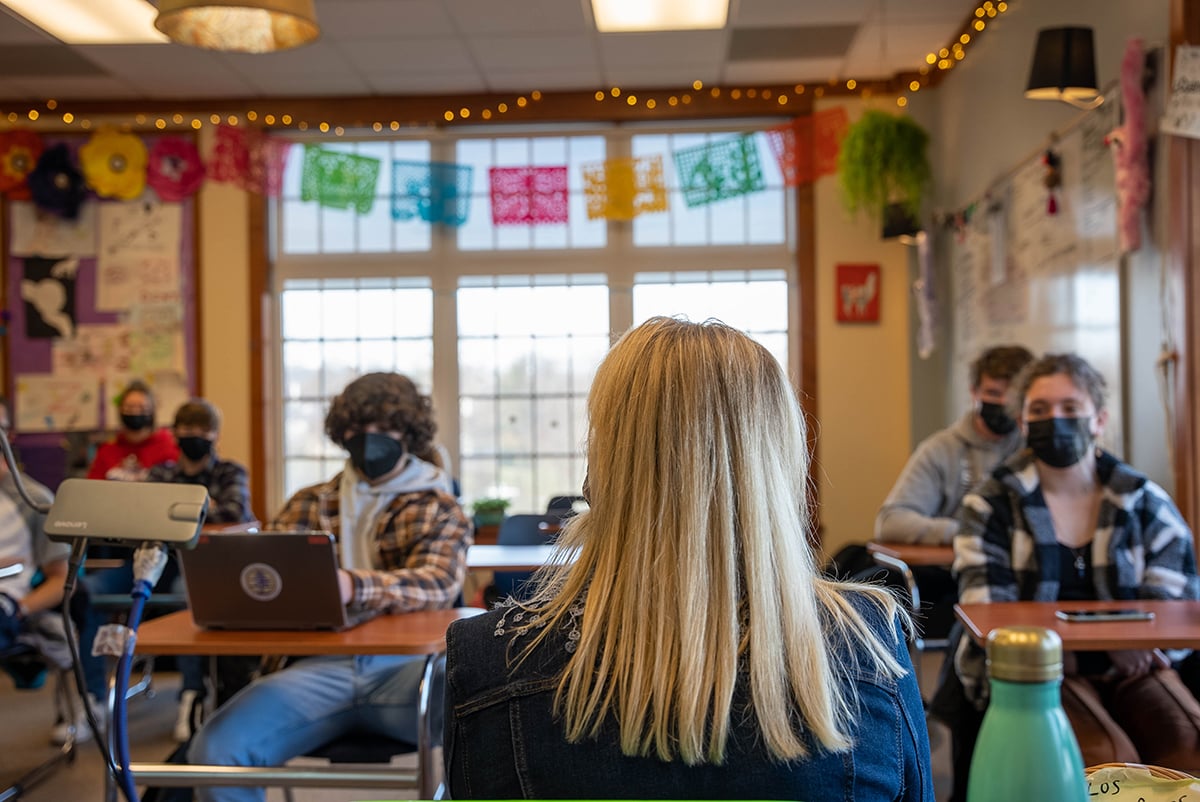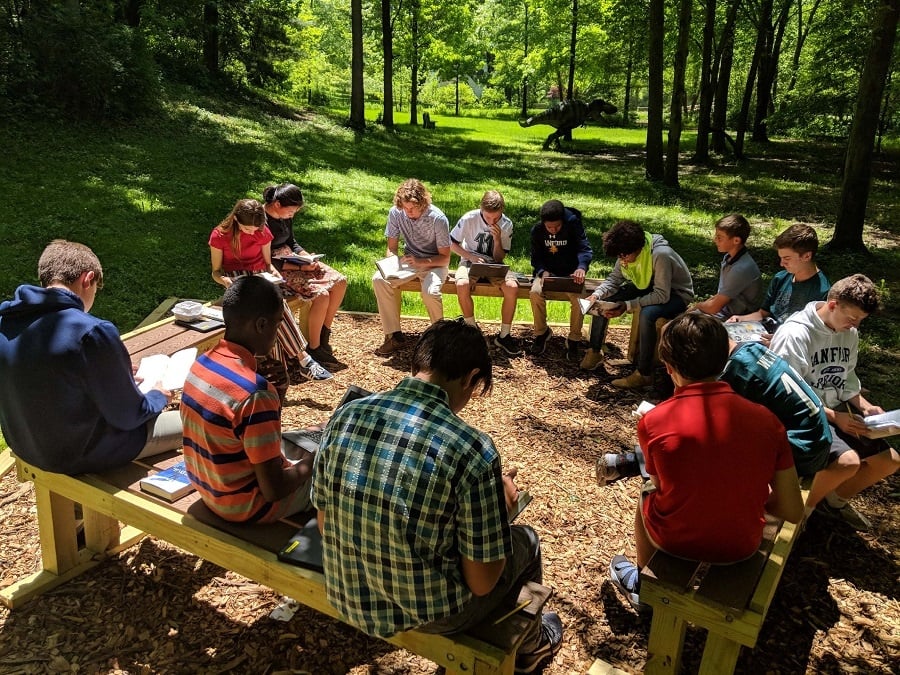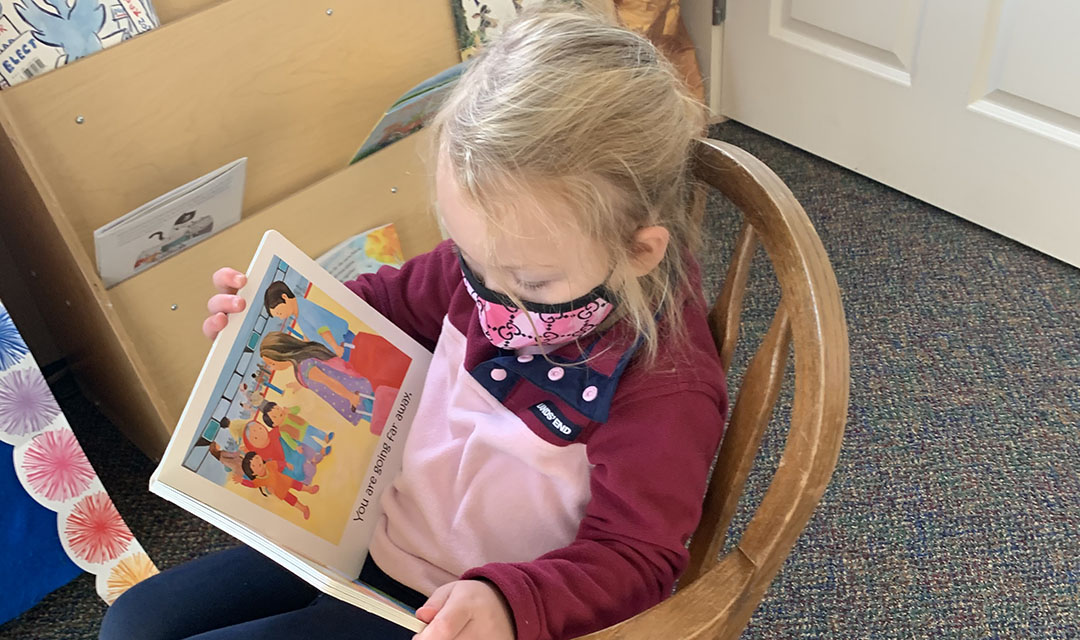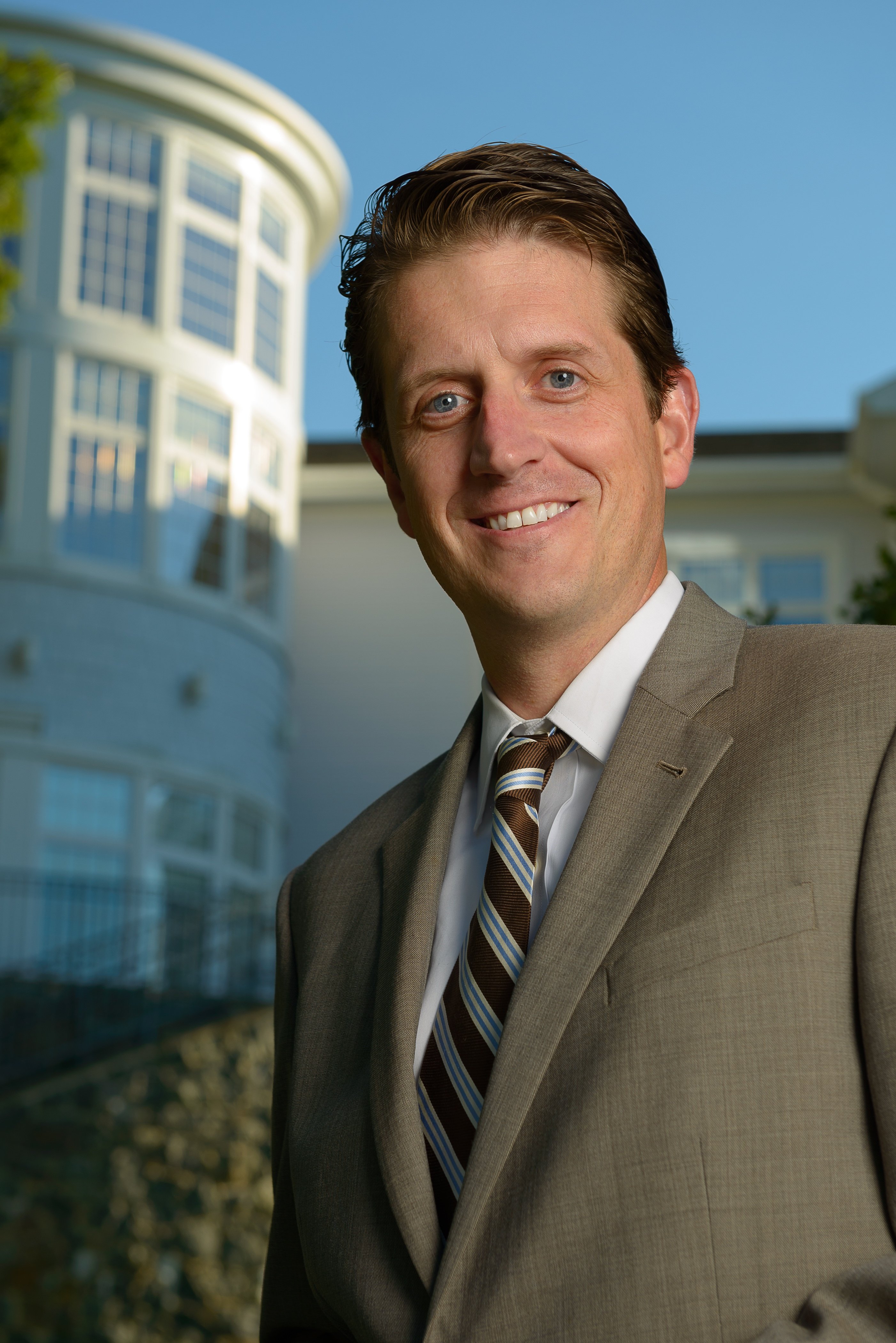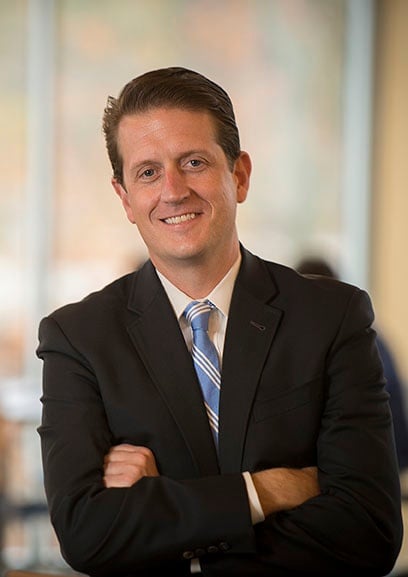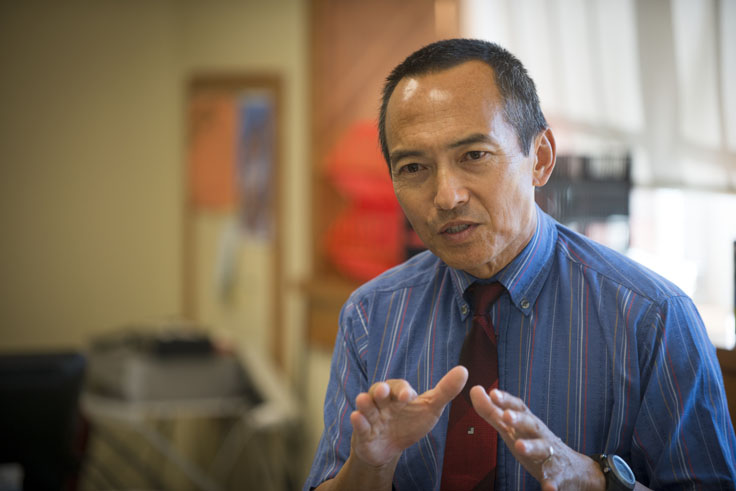There's currently some frustration among educators around the lexicon of COVID. Teachers and school staff have probably grown weary of the descriptions we as school leaders have used as our communities have navigated the pandemic. Words like “flexible,” “nimble,” and “pivot” didn’t carry emotional weight before March 2020.
Mark Anderson
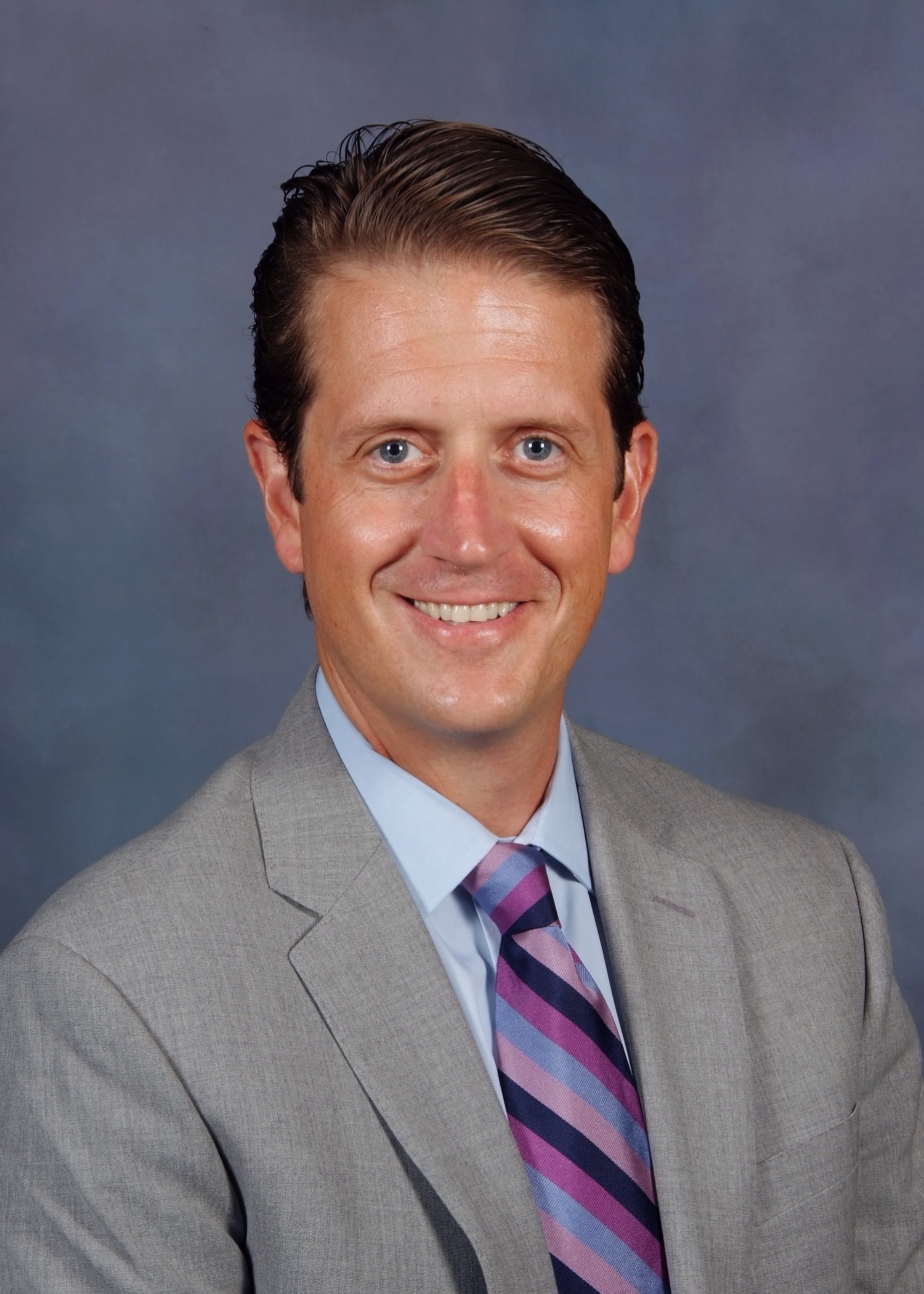
Recent Posts
6 Ways for Families to support Teachers in the pandemic
Topics: Health & Wellness, Community
During the past year, school leaders throughout our country have shared countless messages about the COVID-19 pandemic. Information about testing, vaccines, safety protocols, and many other topics has been featured in newsletters, videos, and school communications.
One pandemic-related matter that has not been addressed frequently is the rise of anti-Asian hate, exclusion, and racism that is taking place throughout our country. Since the start of the pandemic, Stop AAPI Hate and Asian Americans Advancing Justice have collectively reported more than 3,000 cases of anti-Asian incidences of violence. In recent weeks, there has been a dramatic rise in anti-Asian attacks and crimes in California and New York. Many of these were unprovoked violent assaults. Not surprisingly, many Asians in our community are experiencing trauma, fear, and despair.
As a school leader, I am committed to using my platform to denounce hate, violence, and racism no matter where it occurs—and I condemn those who participate in these acts. My hope is that all school leaders raise their voices and support members of Asian American and Pacific Islander (AAPI) communities locally and across our nation. Likewise, every individual has an opportunity and responsibility to do their part in the fight against bigotry, hate, and violence.
Topics: Health & Wellness, Community, Diversity
Topics: Education, Health & Wellness, Parenting Tips
Growth Mindset: Cultivating Growth in our Schools
Over the last few years, it seems every book about leadership, education, or personal development mentions Stanford professor Carol Dweck and her theory of Growth Mindset. Essentially, “in growth mindset, people believe that their most basic abilities can be developed through dedication and hard work – brains and talent are just the starting point. This view creates a love of learning and a resilience that is essential for great accomplishment.”
In other words, people are always improving and learning. This is an important value for schools to remember and put into practice. Children, our students, come to us as works in progress. They are growing, developing and learning at their own unique pace. It is up to us as educators to meet them where they are and help them be the best versions of themselves—helping them to rise to the challenges in the classroom, learn from their missteps and celebrate their successes.
Fixed Mindset
I recently learned about a school that separates its homeroom classes based on standardized test scores. This is the ultimate “fixed” mindset —one group is smart and the other not so much or at least labeled in this way at this particular school. I imagine this mindset must creep into the psyche of these children. Which group do you think will work harder? Which students do you think enjoy coming to school each day?
Growth Mindset
In a growth mindset school, like Sanford, all students should see themselves as skilled and capable. Perhaps their talents are developing in certain areas, but “I can’t…” or “I’m not good at…” is not part of the lexicon. Some may need more time to master skills and content, but with master teachers at the ready to encourage and reinforce, students find their own personal success.
Ways Schools Can Use Growth Mindset
- Offering No Cut policies with athletics and an athletic requirement that sends the message that you can and will be on a team.
- Providing multiple levels of core courses – regular, honors, and Advanced Placement, with significant student and parent input as to what is the right level for a student. Class placement is not based on a placement test but on the students' desire to challenge themselves.
- Creating a culture where students celebrate one another’s success. This is a culture where students do not feel threatened by a fellow student’s success.
- Asking for feedback—how is the school doing? How can the school be better? This candid feedback is essential. Just as important—the school should listen. Just like we expect students to take our feedback and learn from it, we as educators should be learning and growing.
- Ensuring that students know that their process is as valuable as their product. They should not be judged on their standardized test scores or raw aptitude, but on their work and on how they persevere through the learning process.
The core of Sanford’s culture is growth—in our students as well as our educators. Hard work, effort, persistence, and a positive attitude are valued and encouraged. These elements of student success are timeless. This is where good teaching and learning stem from and what parents should expect to see in their child’s school.
Mark Anderson is the Head of Sanford School. Mark and his family moved to Delaware in 2011 when he assumed the headship at Sanford. He received his bachelor's in Elementary Education from the University of Missouri and earned his M.A. in Educational Leadership from Maryville University.
Additional resources:
Carol Dweck Revisits the 'Growth Mindset'
Mindset, The New Psychology of Success, by Carol S. Dweck
Topics: Education, Health & Wellness, Parenting Tips
I spend a lot of time thinking about school, not just my school, but all schools. Education in our country gets a lot of attention—from parents, from media, and from politicians. This makes sense, because of course we all want what’s best for children—and their performance in school will have a direct impact on our nation’s future success. Unfortunately, and sadly, after decades of study, laws, and billions of dollars, the American K-12 education isn’t very good for most of our nation's children, and it’s far from being great.
There is one exception, in my opinion, and that is our private schools:
As a head of school for fifteen years, I have worked with many classroom teachers, from the experienced veteran to the new and eager rookie. Part of my role as a school leader is to hire classroom teachers and welcome them to the faculty – much like a coach would bring new players in to the fold of a team. Like a good team, a strong faculty is made up of a collection of individuals who have different skills, styles, and experience. However, in my view, all great teachers share three qualities – and these are the things I suggest parents look for when they visit schools.
1. They Connect with Students.
A master teacher knows his/her students – who they are as people. These are the teachers who talk to kids before or after class, not about class necessarily – but about life. Teachers who connect with their students go to their games and concerts. In their classrooms there is an air of mutual respect that is both intentional and subtle. Students rise to the occasion and meet or beat expectations because of their high regard for their teachers.
Topics: Education
Educational Buzzwords...A Response from Head of School Mark Anderson
It was with great pride and interest that I read the first two parts of this blog series on educational buzzwords. As an educator and school leader, I want to know what is current–both in my school and the greater educational landscape. Blended learning, differentiated instruction, Makerspace, STEAM/STEM… these are just a few of the things happening in our classrooms; however, it is not the trend that is being used but how it is being used that is so important.
What all great schools have in common are great teachers with the mindset that, in this profession, it is critical to learn, grow and change. It is this special group that stays up to date on what new trends are emerging and determines the best ways to fit them (or not) into the curriculum. Great teachers always have–and always will–connect deeply with students to make learning engaging, personal, challenging and meaningful. They use a wide variety of resources, tools, strategies and settings in instruction; and through all of these efforts, great teachers change lives. The definitions of the “buzzwords” are interesting, and we might still talk about some of them in 20 years; however, I am 100% certain that great teaching, which includes incorporating the trends that work and steering clear of those that don’t, will remain true and valid in 20 years and beyond.
Topics: Education

